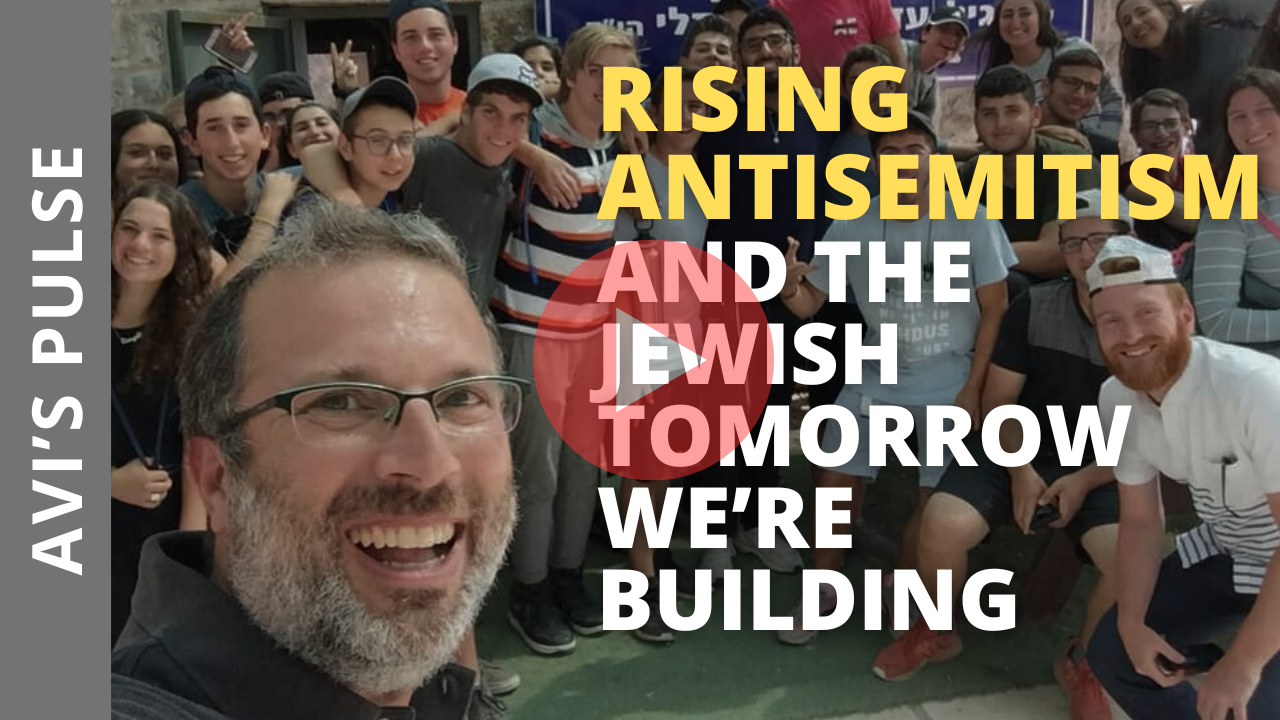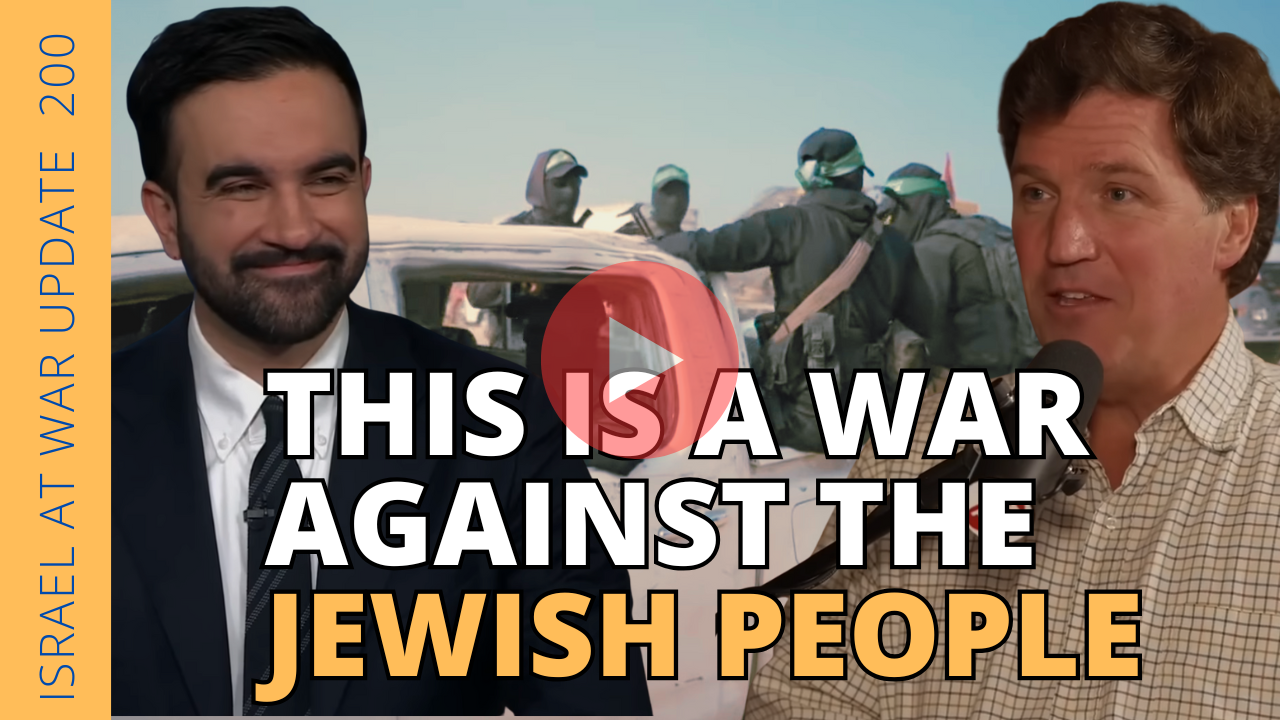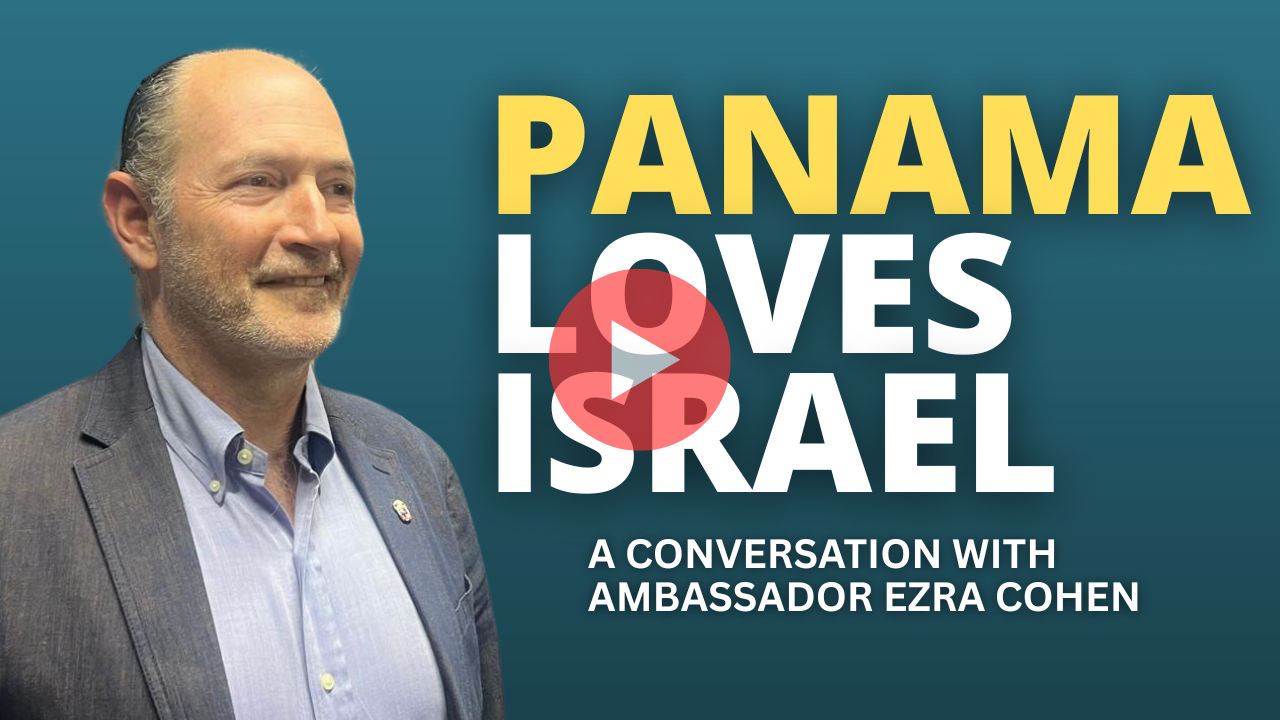When Benjamin Netanyahu gets up to speak at the podium of the UN, you klnow it will be good. Natanyahu, a generational leader over the last 3 decades, has consistently been ahead of his time. Her foresaw the threats emanating from Iran years before anybody else understood the seriousness of the threat. And he similarly foresaw that other Arab States in the Middle East that were not aligned with Iran could one day become partners with Israel, for economic and other reasons.
Netranyahu stuck it in the face of nearly every leader in the world when he stated clearly that they were all wrong about the false assumption that if Israel doesn’t make peace with the so-called Arab “palestinians,” then there would not be peace with the rest of the Arab world.
This assumption has been proven completely wrong over the last few years. The experts were wrong. Netanyahu was right. The United Arab Emirates, Bahrain, and other Arab countries who took part in the Abraham Accords has already made a massive change. But the big fish is Saudi Arabia. This “broader reconciliation” as Bibi puts it, will bring a tremendous amount of blessing to the children of Abraham – Isaac and Ishmael.
This may have seemed like a pipe dream a decade or two ago. Today, it is not at all far away from fruition. It is a vision that is based on a firm belief that there is more that drives the forces of good than what drives the forces of evil. Prosperity and peace are blessings, and the threat of terror are the evil in the world.
Netanyahu’s optimism though is tempered with one clear statement. It must all be based on truth and not on lies. Bibi claimed that only when lies are fought against, including in the “halls of the United Nations,” will there be a chance to persevere and win the peace. A truly classic speech by Bibi to the whoe world.
Netanyahu knows the curse and cost of war and is truly the right leader to lead Israel on the long path towards true peace and reconciliation in the Middle East.

 Whatsapp
Whatsapp




